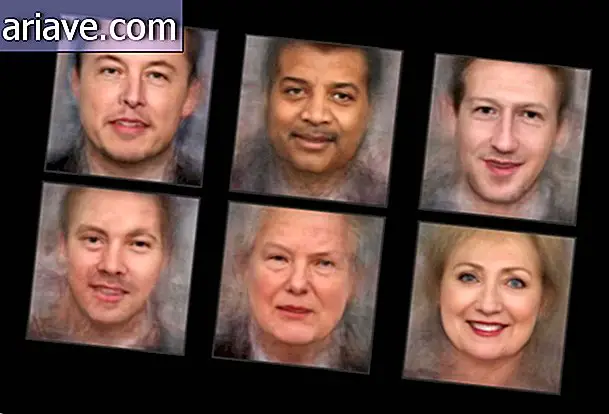Challenge makes everyone wonder: when is Cheryl's birthday?
Such a mathematical test that turns the human brain into a giant knot has gone viral all over the world. The problem began to spread after Singapore's presenter Kenneth Kong posted it on his Facebook page. This is one of the puzzles of a math Olympiad for high school students.
The question is simple: "When is Cheryl's birthday?" The answer, however, is far more complex than you can imagine. Let's get to the wording of the question:
“Albert and Bernard have become friends with Cheryl recently, and they want to know when it's her birthday. Cheryl gave them a list of 10 possible dates: May 15; May 16th; May 19th; June 17; June 18; July 14th; July 16th; August 14; August 15th; August 17th.
Cheryl then told Albert and Bernard separately the month and day of their birthday respectively.
Albert says: I don't know when it's Cheryl's birthday, but I know Bernard doesn't know either.
Bernard says: At first, I didn't know when it was Cheryl's birthday, but now I know.
Albert: So I also know when it's Cheryl's birthday.
So when is Cheryl's birthday? ”
So, you know? If you want, stop reading here and try to solve the problem yourself. If you find it too complicated, check out the resolution given by The New York Times.
After all, when is Cheryl's birthday?

This kind of problem gets your brain confused because, let's face it, no one does this in real life, and if anyone ever comes up with this kind of riddle, you have every right to review this friendship.
But Cheryl is a fictional character, so we can't be mad at her. Or we can, but it won't do any good. What we have is: Cheryl played a nasty little game by not revealing her birthday, which never happens normally when we ask someone. As if that were not enough, Albert and Bernard are such friends that they did not reveal to each other the information they had just received. Jeez!
To understand the logic of the thing, let's go in parts:
- Albert: I don't know when it's your birthday, but I know Bernard doesn't know either.

The first part of the sentence is obvious, after all Albert knows only the month, but does not know the day. The second part is already our first tip. That's when you see: “But of course Bernad doesn't know either! Cheryl just whispered the day, so he couldn't have more information than Albert.
But if Cheryl had said the 19th, then Bernard would know the exact date, after all, among the possible dates, there is only one day 19th - 19th May, in this case. Similarly, if the girl had said 18th, Bernard would have known that her birthday was June 18th.
It is noteworthy that for the operation of this logic, Cheryl could not have said the months May or June to Albert - another important tip. Now let's follow the friends dialog:
- Bernard: At first, I didn't know, but now I do.

Then you ask yourself, “What do you mean, Bernard? What do you mean guy? What witchcraft is this?". A witchcraft called math. Note that Albert's phrase, which has no day or date, caused Bernad to deduce Cheryl's birthday. Or at least we knew it wasn't May or June, which makes us eliminate half the possibilities.
We are now left with the following days: July 14; July 16th; August 14; August 15th; and August 17th. And by this time Bernard already knows which date is correct. If Cheryl had told him the 14th, he would have no way of knowing, after all there was more than one possibility - July and August. That is: the day is not 14.
Now we have only three possibilities: July 16; August 15th; and August 17th.
- Albert: So I also know when it's Cheryl's birthday!

Again, we follow the same logic: For Albert to find out the date, the month must necessarily be July, because if Cheryl had told him that the month was August, he would still have two possibilities and could not say that he had the answer. That is, the answer to this seemingly impossible problem to solve is July 16.
So, did you manage to come up with this answer yourself or did you give up and go around setting fire to all existing calendars? Tell us in the comments!
Via InAbstract











